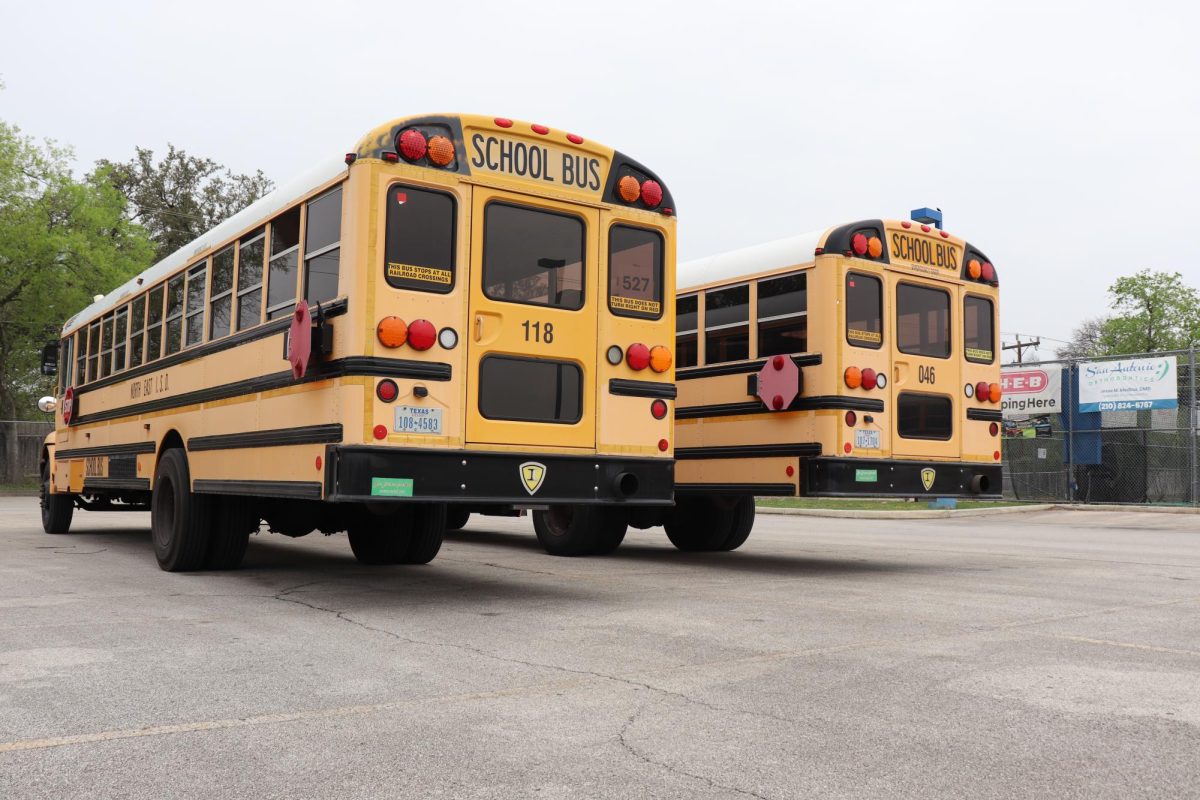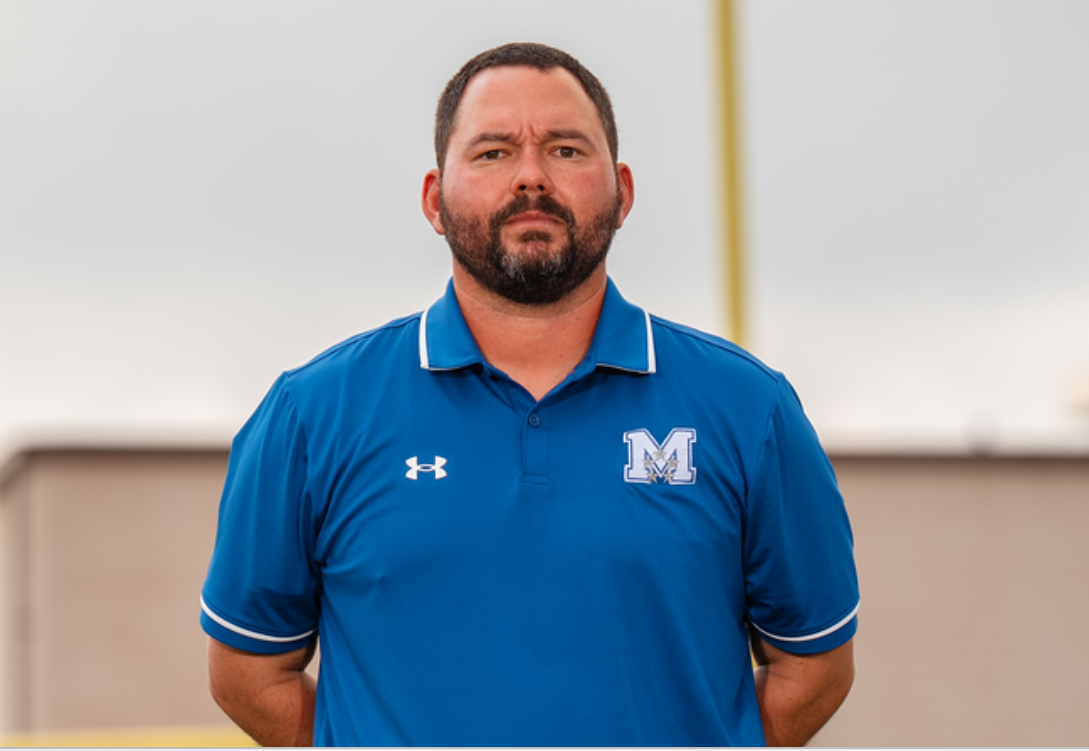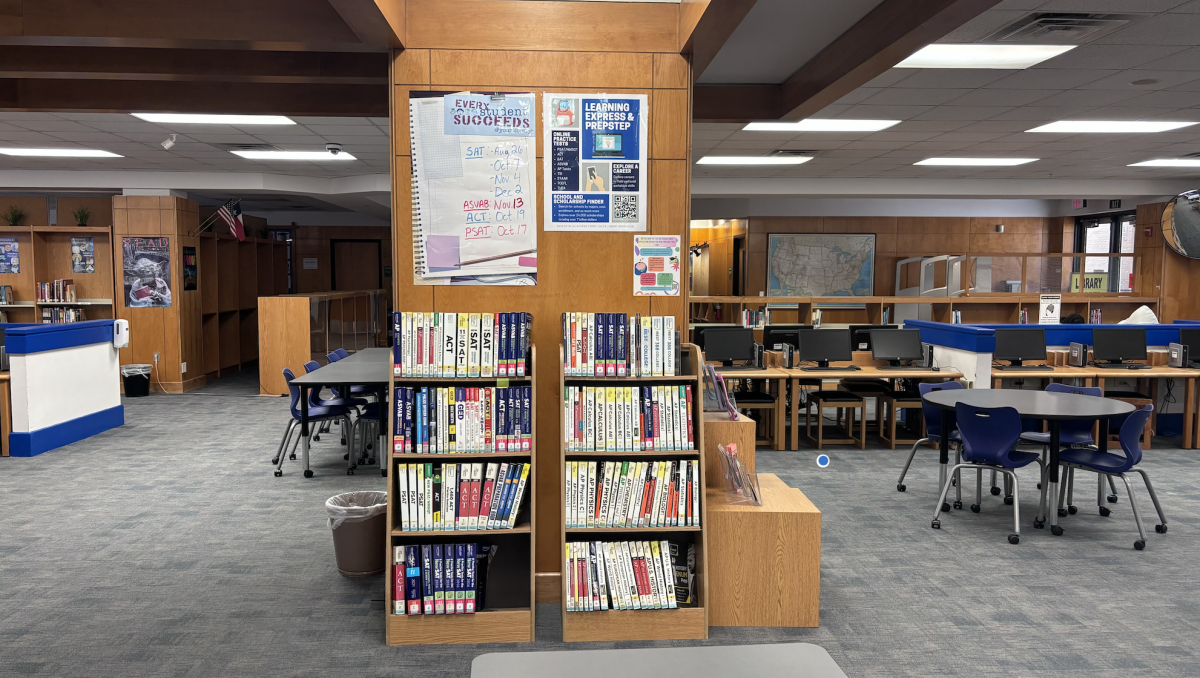It’s your last year in the high school education system, but before you go there are some things you have to do. This time all of it is your choice, you get to pick what college you attend, what to study, and what you want to pursue in life. Although many students have already applied to colleges and most college deadlines have passed, you still have an opening if you’re looking at starting the first two years of your degree at a community college in order to save money.
Here is a summary of things that you should double check for the spring season.
Testing
Remember to take tests like the TSI, SAT, ACT, etc. It’s never too late to take and specialize in subjects that you need for your future career. Not only should you prepare for courses by testing, but you keep an eye out for college mail and admission notices and avoid throwing it out with junk mail.
Money doesn’t grow on trees
Find a more long-term job to start saving some college money, it’s a great way to prepare yourself for any unexpected fees or items that you will need. Plus, it will be a great opportunity to earn a stable income for living off campus within the next year or two. Having your own money or a better job is a great place to start for your college career.
Keep your options open
Avoid focusing on one school, keep your eye open for other colleges and check deadlines weekly to clarify. Most deadlines for colleges and universities have ended the last couples of days of January, but some colleges (especially community colleges) have deadlines open for weeks to months later. Don’t worry there are always colleges open but don’t make that an excuse to wait.
Apply for FAFSA
Applying for FAFSA a good idea to see if you can reduce prices for heavy college tuition and other expenses such as textbooks. You have nothing to lose, just fill out some paperwork online (at https://studentaid.ed.gov/sa/fafsa) and get started to see if you could qualify.
Where and who to talk to
Speaking about expenses for college, maybe it’s the time you start looking into student loans and yearly plans that will work with your income for college costs that you can’t handle. The best way to talk about how you get through college with expenses and transportation is to talk to a family member or college counselor and to gather the information needed to apply for student loans, scholarships, and student aid.
Is college the only way?
It is absolutely ok if you are not going to college, or if you don’t know what to do, many people don’t know or even decide any plans for extra education after high school. The best place to start is what you’re interested in for your career, and then research the education needed. If you prefer that you don’t want to go back to school after high school there are other options you may want to explore, such as a technical school, serve your country and enlist in the military, or become an entrepreneur.
























